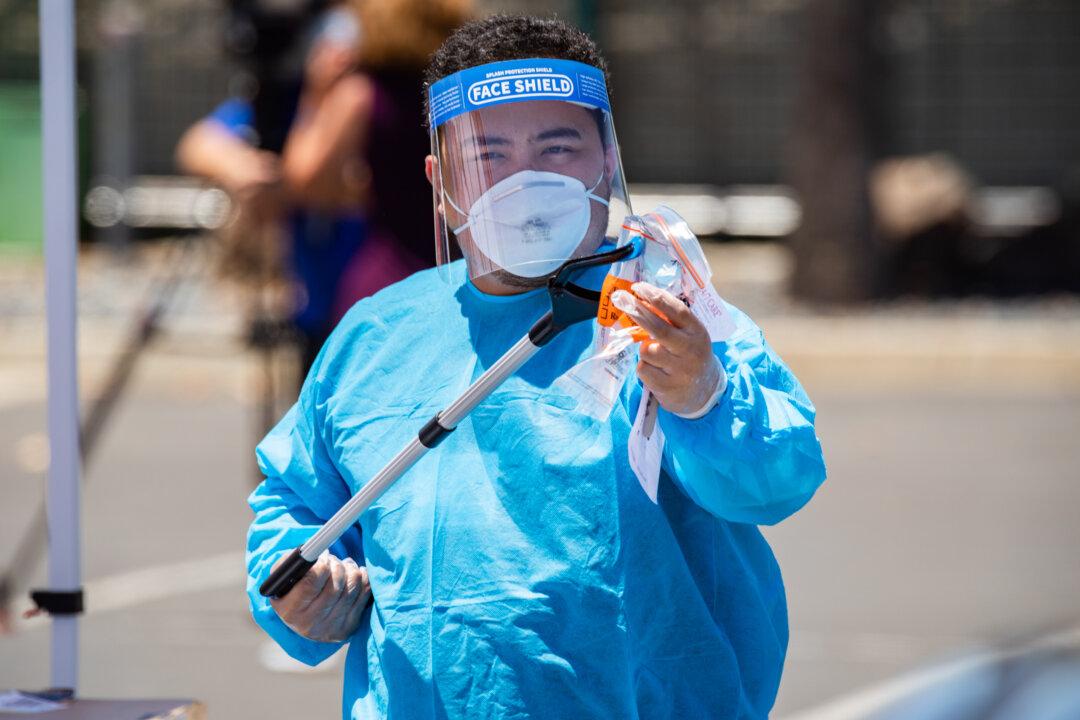The Centers for Disease Control and Prevention (CDC) has narrowed its CCP virus testing recommendations to say that asymptomatic people no longer need to be tested for COVID-19, the disease caused by the virus.
“You do not necessarily need a test unless you are a vulnerable individual or your health care provider or state or local public health officials recommend you take one,” the CDC said Monday in its updated guidelines.





